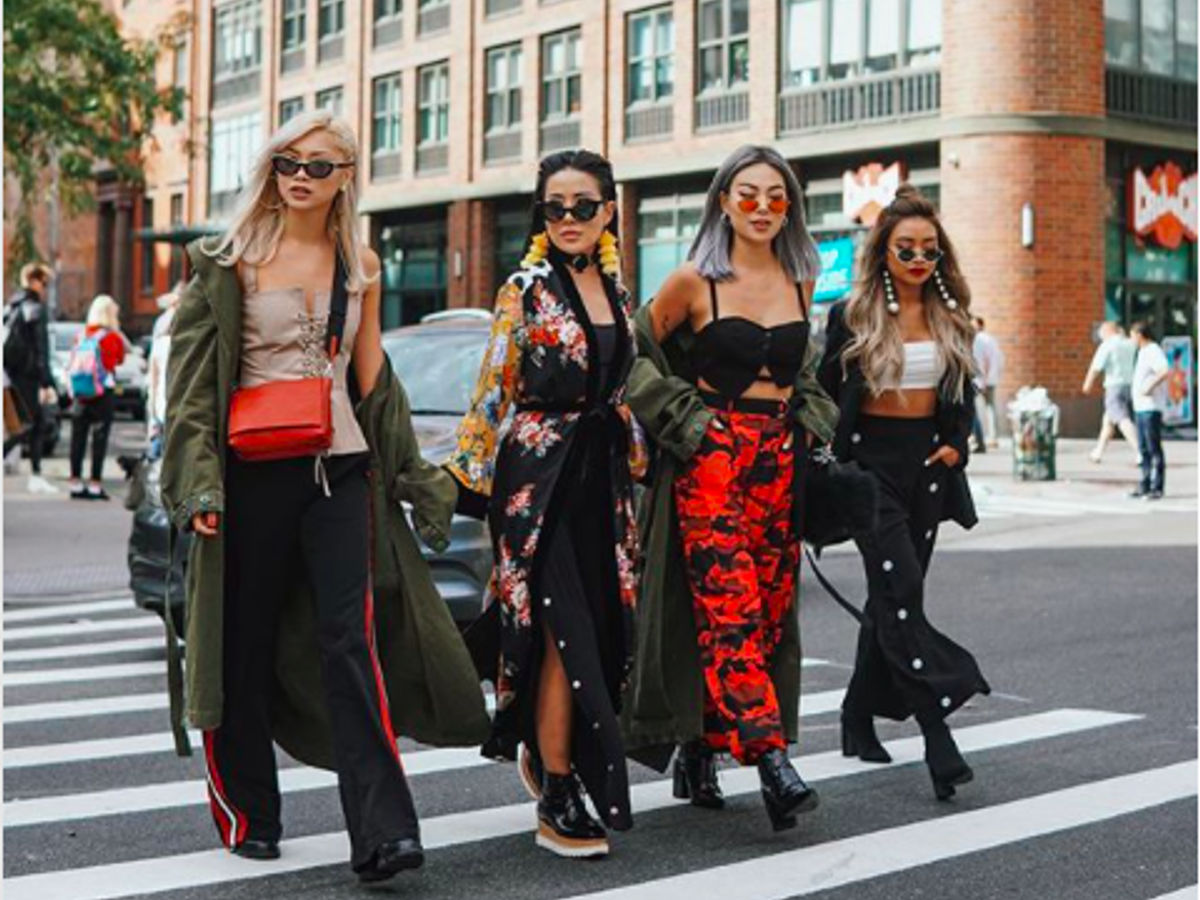Why the Pushback Against Fashion, Lifestyle Influencers Is Stronger Than Ever

This weekend, luxury fashion influencer Masoom Minawala posted a now-deleted video, seeking a… questionable, to put it one way, degree of reverence for her work. She reacted to a post deriding influencers, explaining how influencing ‘changes lives’ — a claim which has riled up the Internet.
For the record: all work is labour, no matter how tangible or intangible it might seem. That includes different forms of influencing, too — be it travel-blogging, making reels on styling, creating infographic content, what have you; each of these entail ideating, shooting, editing, scheduling, et al. But here’s the catch: does the labour alone make the enterprise morally valuable, rather than value-neutral? It’s a question the Internet seems to be asking more often of late: does the recognition of the hard work that some influencers do put in, necessitate putting them on a pedestal for transforming society and uplifting humankind? Probably not.
Research shows that the labor of influencing is rooted in selling a “calculated authenticity.” The premise is in audiences having to believe in the authenticity — the moment they don’t, argues one paper, is when the industry could hit its limit. We may have arrived at that point now, because the more influencers defend their line of work, the more the gaps in their claims are visible.
Indeed, Minawala’s post does sound like a plea for validation from her followers for having made herself — and, of course, capitalist corporations she has collaborated with — better off for having directing her followers’ money there. It’s how the business works. But it’s the insertion of a morality claim into the business that’s no longer tenable. As one Reddit user noted, “Which life did she impact by going to exotic hotels, [and] buying luxury bags[?]… [T]hanks to these influencers young [people] just go into more debt buying things that they don’t need and can’t afford.”
Indeed, the business itself is rife with questionable practices which do warrant scrutiny. “For many influencers, deception is lucrative, and becoming increasingly extreme,” The Guardian noted, adding “There are some feigning their wealth, their followers and even their ethnicity while hawking dubious products to their followers. In recent years, influencers have sold laxatives as health drinks, promoted music festivals that never happened and been caught up in serious fraud and multimillion-dollar Ponzi schemes.”
This isn’t to say that fashion and lifestyle influencing isn’t useful at all. But the more capital influencers have begun to acquire, the easier it is to recognize that the hard work and labor invested in influencing is directed at increasing one’s own platform and reach. Influencing, in essence, is bartering one’s “influence” to sell commodities — or points of view — in return for more fame and recognition. Take this example: when influencers head to Cannes to walk the red carpets, representing brands, the only lives they impact, arguably, are their own.
However, one could argue that the same criticism could be directed at movie stars present on the same carpets, too. While there is some merit to the contention, the presence of actors and filmmakers at an event celebrating cinema isn’t nearly as odd. There’s another argument, though: according to fashion commentator Diet Sabya, festivals like Cannes are meant to showcase fashion too. That means fashion influencers belong in these spaces, given the part they play in the fashion zeitgeist. It would be difficult to reframe fashion influencing, however, as “changing lives” the way Minawala did. It’s no surprise, then, that equating entertainment, fashion, and lifestyle related work to impact and change in a social sense, is an incongruence that hasn’t escaped netizens’ notice.
Many have duly criticized Minawala for claiming her work has an impact, when it really only encourages overspending. Indeed, research suggests that fashion influencers are, in fact, responsible for a large part of overspending — to the point of incurring debt — among their followers. And, as we already know, fast fashion’s impact on the environment isn’t something to boast about either — especially not when research blames nearly 75% of the Arctic’s micro-plastic pollution on clothing. What doesn’t help either is the emphasis upon harmful beauty standards that most mainstream fashion and beauty influencers participate in, perpetuating ideals that lead young minds to develop body image issues.
